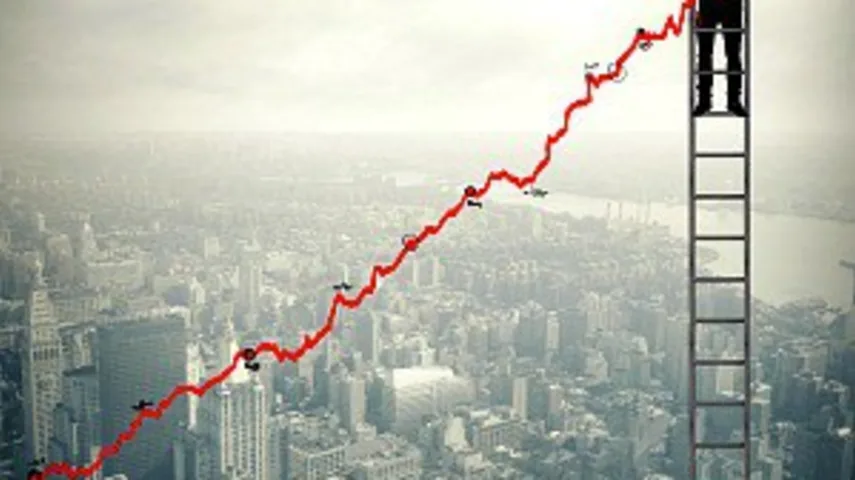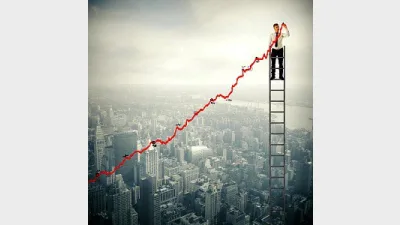More self-sustaining growth ahead



The expected growth of major economies, at or above their potential, has been identified as one of the key macro themes to watch in 2018 by Aberdeen Standard Investments’ chief economist, Jeremy Lawson.
According to him, many economic forecasters missed the mark on global growth and inflation in 2017 as the former year ended stronger with inflation remaining still subdued.
The rising oil prices pushed up headline inflation in the near term, he said, but core inflation trends remained soft in part for structural reasons.
Also, Trump’s cuts to corporate tax rates, from 35 per cent to 21 per cent, coupled with income tax reductions would not translate into significant boost to growth, in his opinion.
Lawson said it was due to the low multipliers typically associated with tax cuts for corporations and high earners.
On the other hand, one of the key concerns was the risk associated with a sharper-than-expected slowdown in China.
“Fiscal policy is becoming less supportive as the central government moderates the pace of its spending growth and tightens off-balance sheet investment by local governments,” he said.
“These measures could reduce the inherent systemic risk in the Chinese financial system and make growth more sustainable in the long term, however calibration will be difficult.”
According to Lawson, this would mean a more bearish assessment of the Chinese economy with a deeper slump in property sales and construction activity as well as more aggressive financial deleveraging and higher funding costs.
“There are many signs that the hangover from the Global Financial Crisis is reducing and growth is becoming more self-sustaining, as evidenced by the easing of bank lending standards, stronger growth in capital spending and productivity, increased consumer confidence and lower levels of household savings,” Lawson said.
Recommended for you
Natixis Investment Managers has hired a distribution director to specifically focus on the firm’s work with research firms and consultants.
The use of total portfolio approaches by asset allocators is putting pressure on fund managers with outperformance being “no longer sufficient” when it comes to fund development.
With evergreen funds being used by financial advisers for their liquidity benefits, Harbourvest is forecasting they are set to grow by around 20 per cent a year to surpass US$1 trillion by 2029.
Total monthly ETF inflows declined by 28 per cent from highs in November with Vanguard’s $21bn Australian Shares ETF faring worst in outflows.











